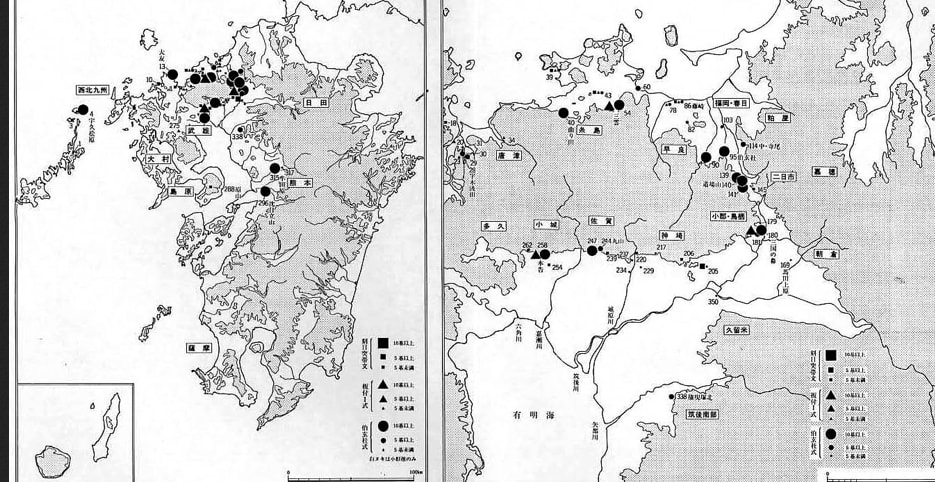Japan’s Unnecessary Nationalism
http://www.nytimes.com/2013/04/24/opinion/japans
-unnecessary-nationalism.html?partner=rssnyt&emc=rss
《グーグル自動翻訳》
12月に日本の首相として引き継いで以来、
安倍晋三と彼の保守的な自民党は、
2011年の地震と津波の余波に対処し、
隣人とチクチク関係を管理し、
国の経済を復活させるなど、
複雑な問題、
のパック議題をジャグリングされました北朝鮮のような。
無関係な論争をかき混ぜることは逆効果ですが、
それは彼と議会で彼の民族主義者同盟国が行っていることが
まさにそれだ。
関連した
古い痛みスポット中日紛争で燃え上がる(2013年4月24日)
Since taking over as Japan’s prime minister in December, Shinzo Abe and his conservative Liberal Democratic Party have been juggling a packed agenda of complicated issues, including reviving the country’s economy, coping with the aftermath of the 2011 earthquake and tsunami and managing prickly relations with neighbors like North Korea. Stirring up extraneous controversy is counterproductive, but that’s exactly what he and his nationalist allies in Parliament have done.
Related
Old Sore Spots Flare Up in China-Japan Disputes (April 24, 2013)
社説ページエディタ、アンドリュー·ローゼンタール、
@ andyrNYTに従うから聞いて。
火曜日に、主に168のグループが低順位保守議員は、
第二次世界大戦後に戦犯として処刑された人を含め、
いくつかの名誉、
日本の戦争は死んだ、
東京都心で靖国神社を訪れた。これは、
最近の記憶では議会で最大の大量訪問でした。
日本のマスコミは、
安倍氏ではなく儀式の提供を送る、
神社を訪問しなかったことを言ったが、
彼の副首相と他の2つの大臣は週末にそこに巡礼を
行いました。
彼は
第二次世界大戦中の日本の行為を擁護するの記録を
持っています。
阿部氏と彼の同盟国は、
中国、韓国、日本の20世紀の帝国構築と軍国主義の下で
苦しんで、反応は予測だったため、これがあるだけでなく
何か深く微妙な問題を知っています。
月曜日に、
韓国はその外相と中国は公に日本を非難し、
日本への訪問をキャンセルした。
中国と日本の船が東シナ海の係争の島々に収束するとき
火曜日に、緊張をさらに煽った。
日本と中国の両方が
彼らの領土問題の平和的解決に取り組む必要があります。
日本は中国や韓国との戦争を煽るために
すべての国が北朝鮮との核プログラムに関する問題を
解決するために協力して作業する必要がある場合、
それは特に無謀と思われる。
代わりに歴史の傷を悪化さに、
阿部は、その長期停滞経済を改善し、
アジアを越えてのリーディング民主主義としての役割を高める
ことに重点を置いて、日本の未来を書くことに
焦点を当てるべきである。
Andrew Rosenthal, follow @andyrNYT.
On Tuesday, a group of 168 mostly low-ranking conservative lawmakers visited the Yasukuni Shrine in central Tokyo, which honors Japan’s war dead, including several who were executed as war criminals after World War II. It was the largest mass visit by Parliament in recent memory. The Japanese news media said that Mr. Abe didn’t visit the shrine, instead sending a ritual offering, but his deputy prime minister and two other ministers made a pilgrimage there over the weekend. He has a record of defending Japan’s conduct during World War II.
Mr. Abe and his allies know well what a deeply sensitive issue this is for China and South Korea, which suffered under Japan’s 20th-century empire-building and militarism, and the reaction was predictable. On Monday, South Korea canceled a visit to Japan by its foreign minister and China publicly chastised Japan. On Tuesday, tensions were further fueled when Chinese and Japanese boats converged on disputed islands in the East China Sea.
Japan and China both need to work on a peaceful solution to their territorial issues. But it seems especially foolhardy for Japan to inflame hostilities with China and South Korea when all countries need to be working cooperatively to resolve the problems with North Korea and its nuclear program.
Instead of exacerbating historical wounds,
Mr. Abe should focus on writing Japan’s future,
with an emphasis on improving its long-stagnant economy
and enhancing its role as a leading democracy in Asia and beyond.










